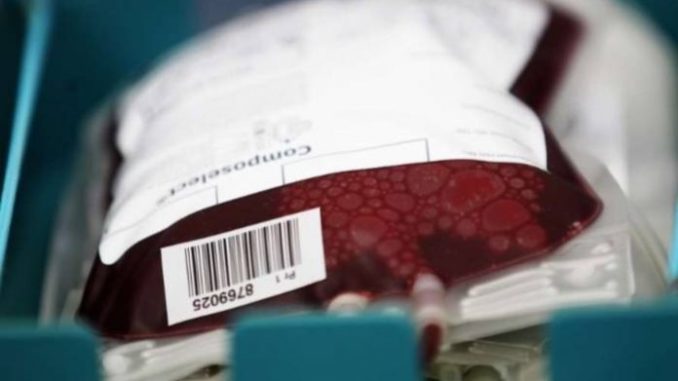
Nigeria’s Health Minister, Prof. Isaac Adewole, on Thursday, said that Nigeria needs 1.8 million units of blood per annum, to meet the needs of patients.
He confirmed that records at the National blood data indicated that voluntary non-remunerated blood donation accounts for 10 percent of total collection, while family replacement and commercial donations account for 30 and 60 percent respectively.
Adewole, who addressed a press conference in Abuja, on the occasion of World Blood Donors’ Day, said the implication is that patients lack timely access to blood transfusion thus resulting in untimely death.
He stressed that regular blood donors rarely suffer from anaemia, they live longer, enjoy free health screening and a mini blood test, enhance the production of new blood cells, improve overall cardiovascular health and lower the risk of severe cardiovascular events such as stroke by 33 per cent.
He announced that an executive bill for the establishment of a National Blood Service Commission (NBSC), was recently approved by the Federal Executive Council.
“The bill will consolidate on gains made in the last 13 years, and possibly take the National blood service system to next level, in line with international best practices,” he said.
Meanwhile, the National Coordinator, National Blood Transfusion Service (NBTS), Dr. Toyin Smith, appreciated the response of Nigerians as regard the donation of blood.
She said the significance of the event was to raise awareness of Nigerians as regards the importance of voluntary blood donation to save millions of lives.